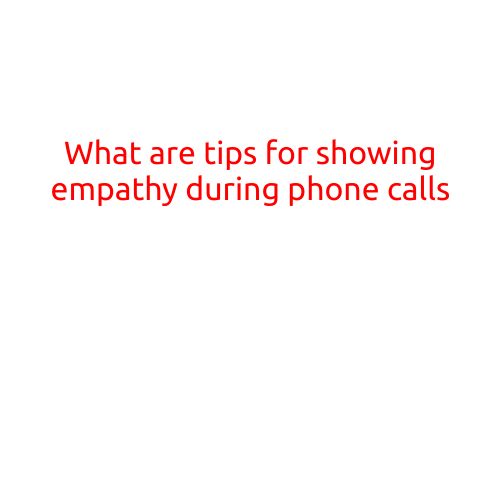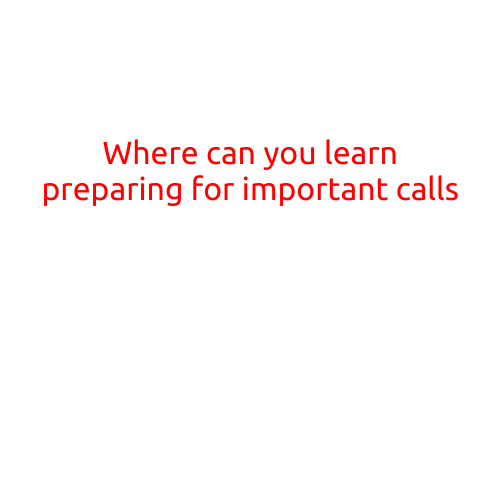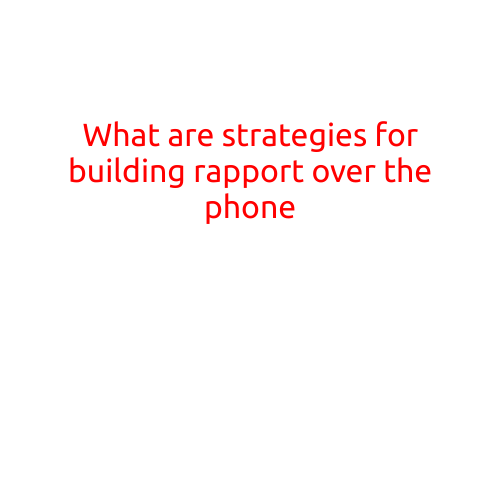
What are Tips for Showing Empathy during Phone Calls?
In today’s digital age, phone calls are an essential part of both personal and professional lives. Whether you’re calling a friend, a family member, or a client, showing empathy during phone calls is crucial to build strong relationships, resolve issues, and provide effective customer service. Empathy is the ability to understand and share the feelings of another person, which is critical in phone calls where non-verbal cues are absent. Here are some valuable tips to help you show empathy during phone calls:
- Active Listening: Pay attention to what the person is saying, and give them your undivided attention. Avoid interrupting or multitasking, as this can make the person feel unheard or dismissed. Repeat back what you’ve understood from the conversation to show that you’re actively listening.
Example: “Just to make sure I understand, you’re saying that…?”
- Acknowledge Their Feelings: Validate the person’s emotions by acknowledging their feelings and showing that you care. Use phrases like “I’m so sorry to hear that” or “That sounds really tough for you.”
Example: “I’m so sorry to hear that you’re going through a tough time. That sounds really challenging for you.”
- Ask Open-Ended Questions: Encourage the person to share more by asking open-ended questions that begin with what, how, or why. This helps to create a sense of connection and understanding.
Example: “Can you tell me more about what happened?” or “How did you feel when that happened?”
- Empathize with Their Situation: Put yourself in the person’s shoes and try to understand their perspective. Show that you’re thinking about their situation and care about the outcome.
Example: “I can imagine how frustrating that must be for you. I’m here to help you find a solution.”
- Avoid Judging or Criticizing: Refrain from making judgments or criticizing the person, as this can make them feel defensive or unheard. Instead, focus on understanding their concerns and offering support.
Example: “I’m not here to judge what happened, but I want to help you find a way to move forward.”
Use Vocal Cues: Use vocal cues like “mmm-hmm” or “I see” to show that you’re engaged and empathetic. These cues can help to create a sense of connection and understanding.
Follow Up: After the phone call, follow up with the person to show that you’re still thinking about their situation. This can help to build trust and demonstrate your employer’s commitment to customer satisfaction.
Example: “Just wanted to follow up and see how you’re doing. Is there anything else I can do to help?”
Be Patient: Showing empathy during phone calls requires patience and understanding. Avoid getting frustrated or upset, and focus on resolving the issue at hand.
Use Empathy Statements: Use empathy statements to show that you understand and care about the person’s feelings. These statements can help to create a sense of connection and understanding.
Example: “That sounds really upsetting for you. I’m here to help you find a solution.”
- Practice Mindfulness: Practice mindfulness during phone calls by focusing on the present moment and the person’s needs. Avoid distractions and stay present in the conversation.
By incorporating these tips into your phone calls, you can show empathy and build strong relationships with the people you interact with. Remember, empathy is a powerful tool that can help to resolve issues, build trust, and provide effective customer service.





